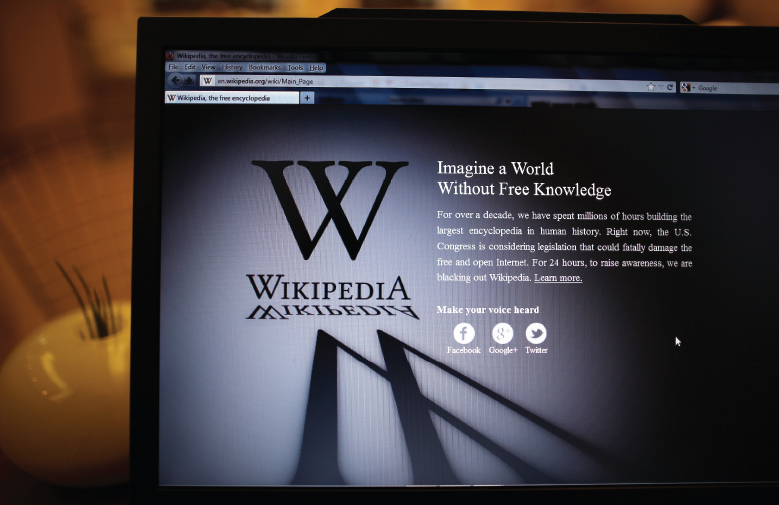The First Amendment and Democracy
For most of our nation’s history, citizens have counted on journalism to monitor abuses in government and business. During the muckraking period, writers like Upton Sinclair, Ida Tarbell, and Sinclair Lewis made strong contributions in reporting corporate expansion and social change. Unfortunately, however, news stories about business issues today are usually reduced to consumer affairs reporting. In other words, when a labor strike or a factory recall is covered, the reporter mainly tries to answer the question “How do these events affect consumers?” Although this is an important news angle, discussions about media ownership or labor management ethics are not part of the news that journalists typically report. Similarly, when companies announce mergers, reporters do not routinely question the economic wisdom or social impact of such changes but instead focus on how consumers will be affected.
“One thing is clear: media reform will not be realized until politicians add it to their list of issues like the environment, education, the economy, and health care.”
ROBERT McCHESNEY, FREEPRESS.NET, 2004
At one level, journalists have been compromised by the ongoing frenzy of media mergers involving newspapers, TV stations, radio stations, and Internet corporations. As Bill Kovach, former curator of Harvard’s Nieman Foundation for Journalism, pointed out, “This rush to merge mainly entertainment organizations that have news operations with companies deeply involved in doing business with the government raises ominous questions about the future of watchdog journalism.”22 In other words, how can journalists adequately cover and lead discussions on issues of media ownership? The very companies they work for are the prime buyers and sellers of major news-media outlets.
As a result, it is becoming increasingly important that the civic role of watchdog be shared by both citizens and journalists. Citizen action groups like Free Press, the Media Access Project, and the Center for Digital Democracy have worked to bring media ownership issues into the mainstream. However, it is important to remember that the First Amendment protects not only the news media’s free-speech rights but also the rights of all of us to speak out. Mounting concerns over who can afford access to the media go to the heart of free expression. As we struggle to determine the future of converging print, electronic, and digital media and to strengthen the democratic spirit underlying media technology, we need to stay engaged in spirited public debates about media ownership and control, about the differences between commercial speech and free expression. As citizens, we need to pay attention to who is included and excluded from opportunities not only to buy products but also to speak out and shape the cultural landscape. To accomplish this, we need to challenge our journalists and our leaders. More important, we need to challenge ourselves to become watchdogs—critical consumers and engaged citizens—who learn from the past, care about the present, and map mass media’s future. 

On January 18, 2012, Wikipedia participated in a protest against the Stop Online Piracy Act (SOPA) by blacking out its landing page for an entire twenty-four hours and posting the message “Imagine a World Without Free Knowledge.” SOPA, proposed by the U.S. House of Representatives in 2011 to expand the government’s ability to protect copyrighted intellectual property online, threatens services like Wikipedia that rely on a free and open Internet.